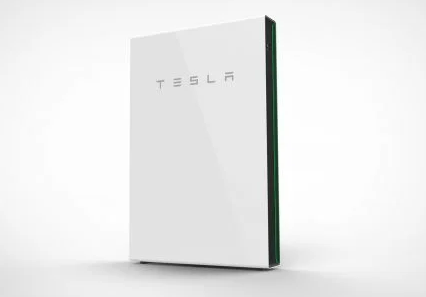The longevity of solar batteries is a paramount concern for both manufacturers and consumers alike. To ensure quality, durability, reliability, and efficiency, most solar panels now come with a warranty of 20-25 years. Consequently, investing in a solar battery that can provide a long-term solution is essential.
Despite this, there may be several substantial elements that could influence the lifespan of your solar battery. To gain further insight, let’s explore this in further detail.
Solar Battery Longevity Affecting Factor
Solar battery type
It is essential to consider three main chemical compositions when determining the lifespan of solar batteries.
- Lead-acid
- Lithium-ion
- Saltwater
Lithium-ion batteries, commonly referred to as li-ion batteries, are the most common source of electricity storage for home-based solar systems.
Lead Acid
Many years ago, people began using lead-acid batteries in off-grid systems because they are the least expensive. They offer a lower depth of discharge than lithium-ion batteries but also have a shorter lifespan.
Lithium-ion
We consider lithium-ion batteries the gold standard in all types of home energy storage frameworks because they offer excellent durability with more depth of discharge and are lighter and more compact.
Saltwater Batteries
Saltwater batteries are a viable alternative to lead-acid and lithium-ion batteries, as they are free from heavy metals. Saltwater electrolytes provide their functionality, and a benefit of this type of battery is that it’s recyclable.
Despite being considered an environmentally-friendly power source, technological advances have caused saltwater batteries to become less popular among users, as lithium-ion batteries have become the more reliable and preferred power source.
Battery usage
The significance of cycles in determining the life expectancy of solar batteries is undeniable. Since most solar batteries are deep-cycle, they can discharge up to 80% of their energy storage capacity before recharging.
The frequent need for manual discharging and the potential for overcharging can reduce the longevity of solar battery banks.
Temperature
Temperature is a significant factor in the service life of solar batteries. Additionally, the local environment and installation location can have a considerable impact. Consequently, it is essential to consider these factors when considering the life expectancy of a solar battery.
Maintaining an optimal temperature for your batteries is critical to ensuring optimal efficiency.
If you reside in an area with moderate to mild temperatures, an outdoor installation of your batteries is a viable option. People living in places with extreme temperatures should store their batteries in a secure facility.
Manufacturers of solar batteries now provide warranties on their products that vary depending on the model and cost. Generally, lead-acid batteries offer a lower warranty than lithium-ion batteries, which can provide coverage for up to a specific time.
Manufacturers are responsible for ensuring excellence in performance and longevity within the warranty; therefore, opting for batteries with the most extended warranty will provide peace of mind for years to come.
Routine maintenance
Regular maintenance is essential for maximizing performance and prolonging the life of any solar battery or other product. You may compromise its performance and durability if you do not take care of it.
Opt for annual maintenance services provided by the manufacturer for complete assurance.
The most subtle way to get the most out of your solar battery is to prioritize proper maintenance. Though modern batteries require minimal maintenance, even a small effort to stay aware of their upkeep can be beneficial. Remember that routine maintenance is always preferable to replacing or purchasing a new battery.
How to Increase Solar battery’s life
The lifespan of solar batteries can vary from 5-15 years or more, depending on the product. As with other machines and appliances, regular maintenance and proper care are necessary for optimal performance.
The best batteries are those with extensive manufacturer warranties. Additionally, ensure installation in an environment with optimal temperature settings.
As solar batteries become increasingly cost-effective, it is still necessary to make a significant financial investment to acquire a system tailored to one’s exact capacity and load needs. Consumers can obtain the most suitable product by being mindful of these requirements.
Frequent performance issues are likely to occur if a system has a capacity that does not meet actual needs.




